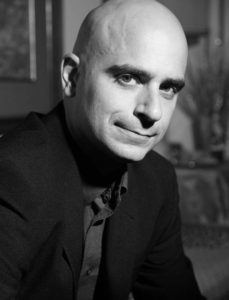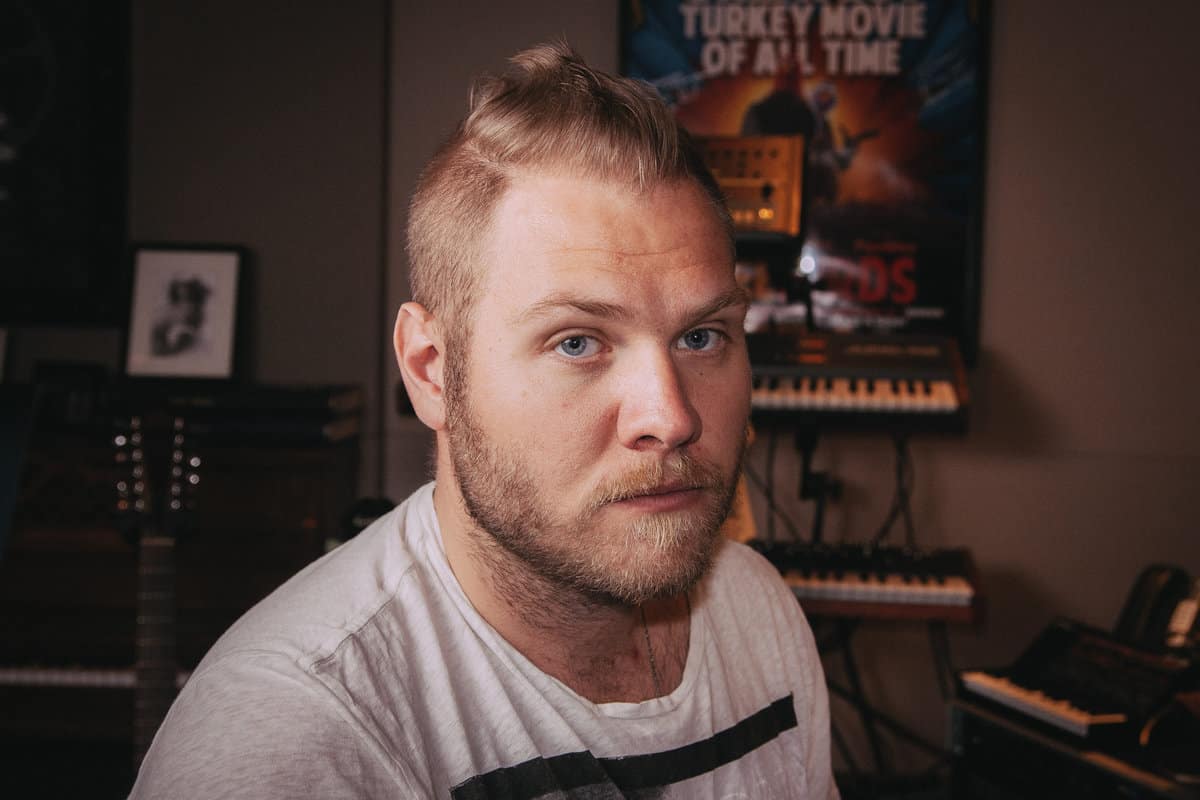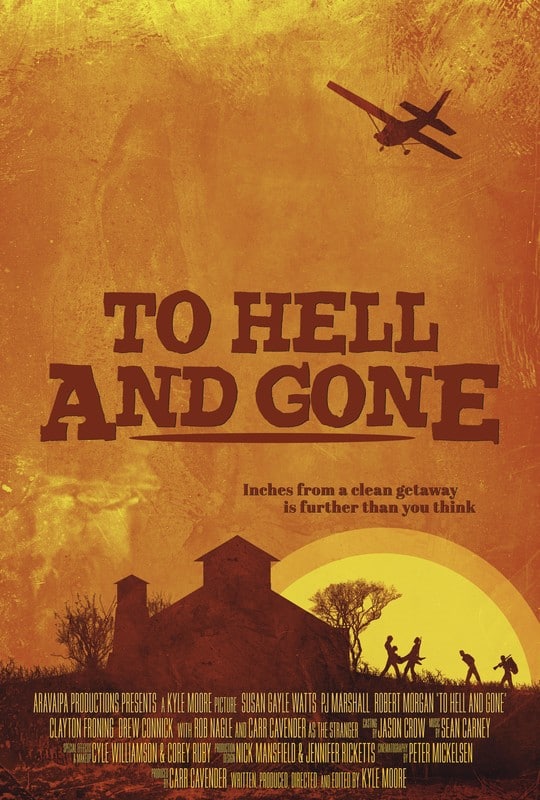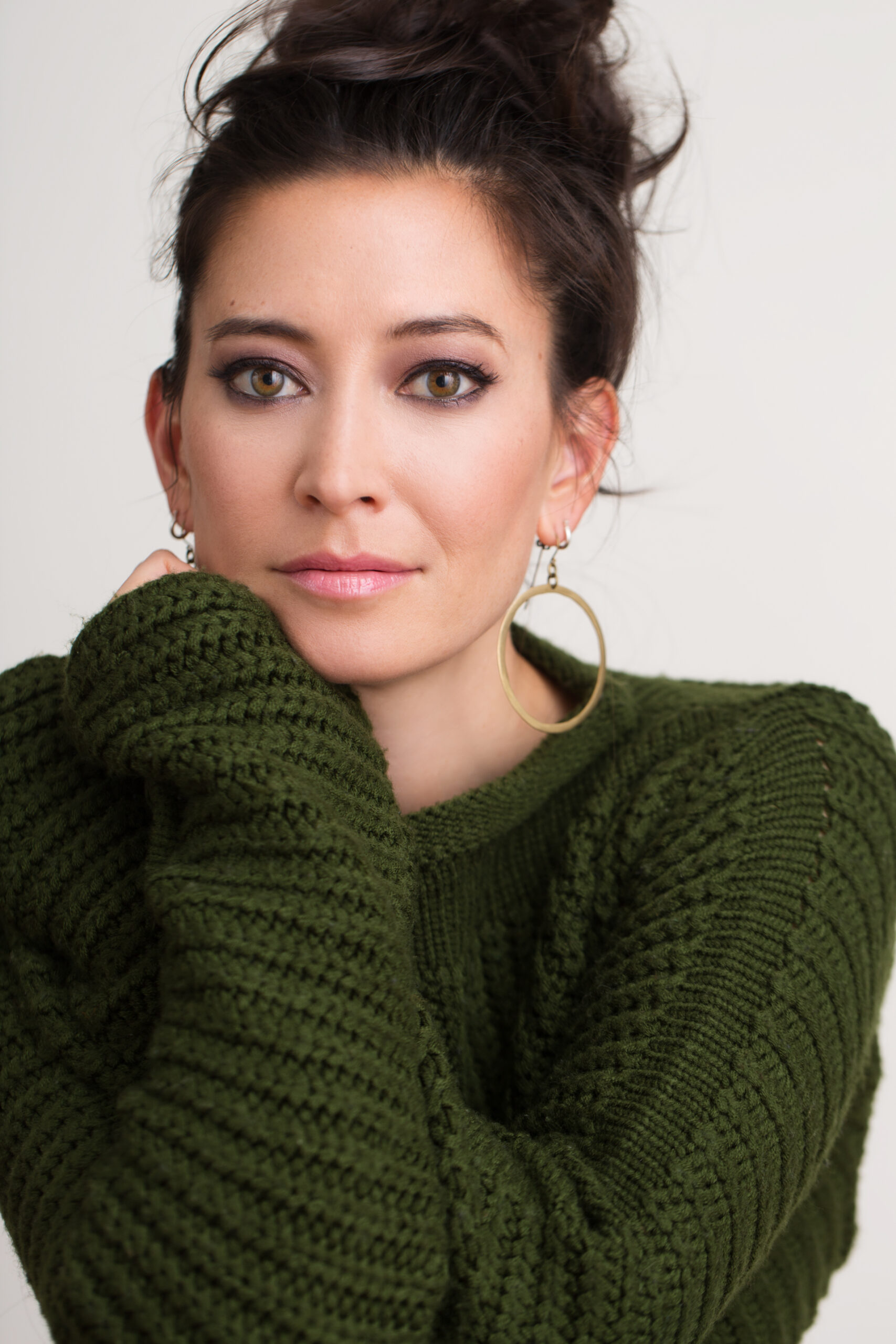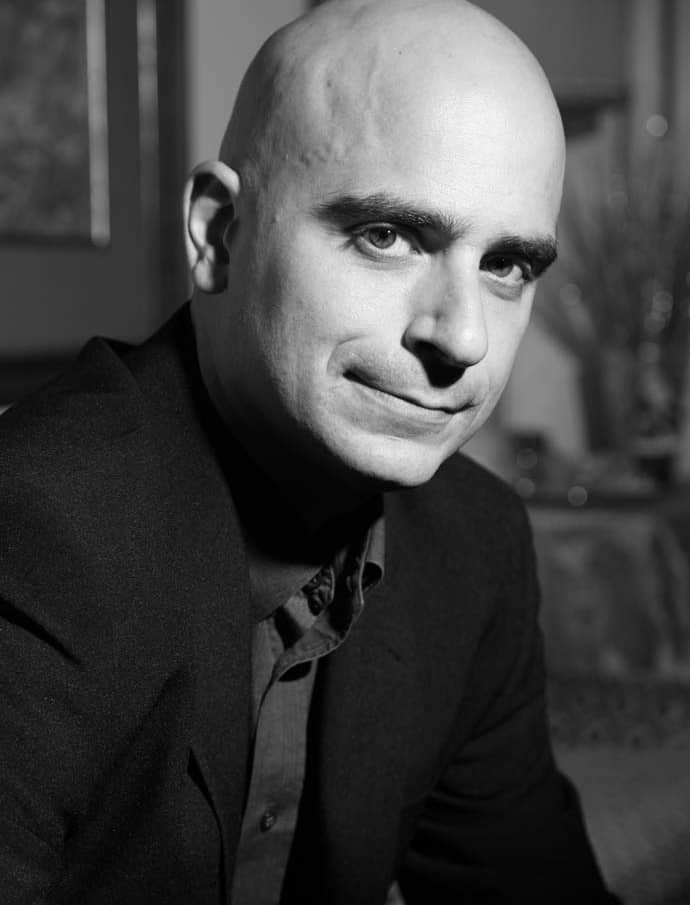
Hans Hess is a relatively new film composer, born in Brazil and currently living in England. His latest score, Clownface, just released and has already notched wins at the London Independent Film Awards, the Los Angeles Film Awards, and the Latitude Film Awards. I recently had a chance to “talk” with Hans about our shared interest in classical guitar in film music, his inspirations, and his upcoming projects.
Classical Guitar in Clownface and Film Music
The Film Scorer: Your use of classical guitar in Clownface caught me off guard and was rather refreshing, particularly since it’s so rarely used in film music. What inspired your use of classical guitar and what do you think its role could be in film music?
Hans Hess: Actually, the idea of using classical guitar came from director Alex Bourne. He listened to my guitar pieces and he thought that a theme for solo guitar would be perfect for the character Zoe. I loved the idea as I was looking for an opportunity to use the guitar again in a soundtrack. I have done it before, but sometimes, some filmmakers would make associations of the guitar sound to ‘Latin music,’ and would ask me not to use it in the projects. For instance, I would play a big open E major chord and they would say: “that’s flamenco!”
I believe that one of the reasons that this happens is because some filmmakers, and a good number of people, are not aware of the vast repertoire that the classical guitar has consolidated (especially in Western music). When you go to watch recitals of world top classical guitar performers you’ll be always impressed by the expressiveness, timbres, and versatility that you hear in guitar music. It’s a complex polyphonic instrument just like the piano.
Therefore, and after this score for Clownface, I want to push a bit more the use of the classical guitar in film music. There’s so much that this instrument can offer that I think it can find its space. Perhaps it would be able to create the same space in film music like the piano, which is an instrument we almost hear in any soundtrack. Ennio Morricone, in his score for Cinema Paradiso, for instance, makes a great use of the guitar along with the orchestra, proving the suitability of the instrument in the world of film music. To make this happen, we need film composers using this instrument in film scores more often. I think I can bring a great contribution. Nevertheless, the usage of this instrument needs to be relevant to the needs of the film narrative.
Inspirations
TFS: You’ve studied and talked about the use of samba in Brazilian film – both in articles and in your PhD. Have you considered using samba or other Brazilian musical styles in your own work?
HH: The only time I used Brazilian styles in my work was in library music, in album themes relevant to Brazil and Latin America. In terms of films, forcing these elements can be a disaster. The reason is because using musical genres will, most of the time, transport us to a location. For instance, I don’t think that using samba would necessarily fit to an alien sci-fi epic film situated in the USA. But, if the movie would have its place in Brazil and involve Brazilian culture, I could see a potential use for it blended with orchestral sounds, synths, and sound design.
TFS: I know that a lot of 80s and 90s scores, like Braveheart and The Mission, initially inspired you to work on film music. What has inspired you more recently?
HH: Nowadays, composers such as Bear McCreary and Alexandre Desplat are great sources of inspiration. I think they (and specially Bear McCreary) are very underrated.
The Search for Projects and What’s Next
TFS: When deciding whether to work on a film, what elements do you look for?
HH: The first and most important element for me in a film is the story. I’m very fond of certain styles such as sci-fi, horror, epic adventure, and drama. So, I’ll look at stories that appeal to me. I also like to know who the director is. Hence, it’s important to know what films they’ve done and if they are good to work with. I believe that working with filmmakers you really get along well helps a lot to accomplish my work. This is important because the synergy of two creative minds (director and composer) will together create something that will best serve the story of the movie.
TFS: What would be your dream film to compose for?
HH: It would be great to score a movie that is not related to a franchise. The main reason is because I would like to avoid having to use themes from a movie whose soundtrack is already very well known. Hence, I would like to have the opportunity to come up with something that is more unique. If I could get a great paranormal horror or epic sci-fi that would make me super excited.
TFS: What projects are up next?
HH: I do have a great variety of projects at the moment. Recently, I finished the score for a crime/thriller/drama feature film Sustain. Other projects that are about to start are: Snarl (a werewolf short movie), You Are My Sunshine (an LGBT feature film), Theosight (a TV Series), and Dilemma (a crime/thriller feature film). Along with these film projects, I’m also writing for library music. My other recent projects include: a full album of solo classical guitar for BMG Production Music, a full album of guitar and small orchestral for Velvet Green Music, and an epic trailer album (pitching for a big label TBC).
